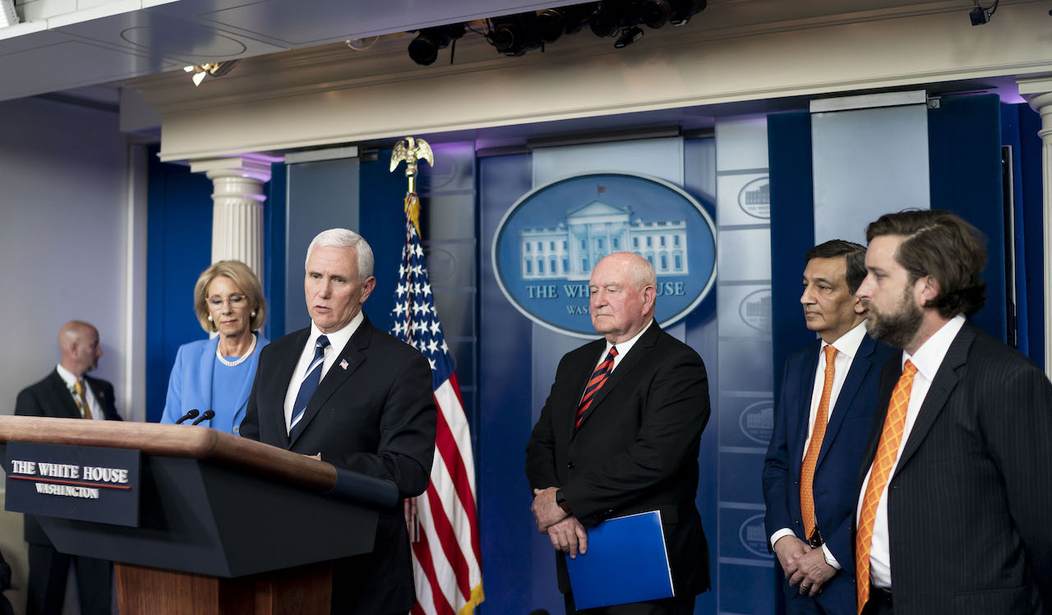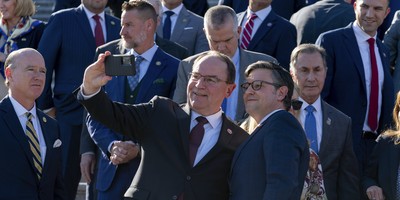On my daily walk down a side street, I saw the restaurant with a diagonal cross made of adhesive tape on its sign. Gone was the notice that it would open for takeout; it looked to be closed for good.
Although I'm aware that most restaurants go out of business within a few years or even months, I felt a certain sadness. The owners and staff members lost their jobs and perhaps their dreams through no fault of their own and for reasons they couldn't have anticipated just a few weeks ago.
I'm guessing they'd like to go back to that time now, as most of us would. I have been thinking about this amid news reports that social isolation and other measures have made sufficient progress against the virus.
But we're not going back to that exact normal life we remember. Even if restrictions are relaxed, many people will likely be reluctant to do things that seemed normal before -- eating restaurant meals, fingering merchandise in clothing stores, attending mass events.
Governments' powers to control people's movements and restrict their behavior are, for good reasons, greatest in times of epidemics and wars. For that reason, many compare the limits and restrictions imposed in this and other countries with those during what some people still call "the war," World War II. The government shut down large parts of the economy, and people were prevented from buying most consumer goods.
But there is a big difference. In today's crisis, most people are confined to their home. In World War II, millions of Americans were moved across the country and around the world. The war got them to places they otherwise may never have seen. The novel coronavirus forces people to hunker down.
Recommended
In both emergencies, people put up with restrictions and rules that would have been considered tyrannical in other circumstances, albeit there was a little more rule-breaking and regulation dodging than was usually mentioned during the war or later, and there is a certain amount of that today.
Government powers are maximized in wars and epidemics, even though government remains inefficient. During World War II, there were constant complaints about bottlenecks, shortages, black markets, wildcat strikes and price gouging. This year rigid bureaucracies at the Centers for Disease Control and Prevention and the Food and Drug Administration blocked production of workable coronavirus tests for precious weeks.
Politicians are attracted to policies designed to maintain the pre-pandemic economy, to let it spring back into existence after what is hoped to be a brief period. But actually, "we need for the economy to be very dynamic," economist Arnold Kling argues. "It's not just that we need less of some activities, such as serving good (sic) in restaurants. We need more of other activities, including manufacturing masks, delivering food, and making sure that electricity and Internet service are available and even ramped up, if necessary."
The economy proved to be unexpectedly dynamic after World War II. Almost every economist had predicted that after the government shut off heavy wartime spending, the economy would plunge back into a 1930s-style depression. Instead, something like the opposite happened: the flowering of a vibrant postwar prosperity that is looked back on lovingly by both liberals and conservatives.
High geographic mobility was an important ingredient in this. People used to being shunted around by the military started moving around the country on their own. Midwesterners moved to California; Southern blacks and mountain whites to northern cities; city dwellers to newly sprouting suburbs. In recent decades, analysts have lamented Americans' declining geographic mobility. But that decline may have just been a return to the norm after the extraordinary migrations set in motion by the war.
Geographic mobility also produced economic gains, which foundered after a generation but were then revived by deregulation of transportation and communications in the 1970s and 1980s -- repeal of 1930s New Deal policies that were intended to freeze the 1929 economy into place.
Government restrictions to combat the coronavirus may not end as crisply as those of World War II, but even if they do, it's not clear whether that would produce something like the effervescence of post-World War II prosperity. Not only are restaurants and hospitality industries unlikely to snap back but also, more importantly, it's not clear that people kept mostly in place indoors will be inspired to venture into new economic enterprises.
Sentimentally, Americans may want things to go back to where they were, but they will be better off if they let their imaginations run loose and not keep hunkering down.
Michael Barone is a senior political analyst for the Washington Examiner, resident fellow at the American Enterprise Institute and longtime co-author of The Almanac of American Politics.

























Join the conversation as a VIP Member